UK: MPs debate bill paving way for 12 December election
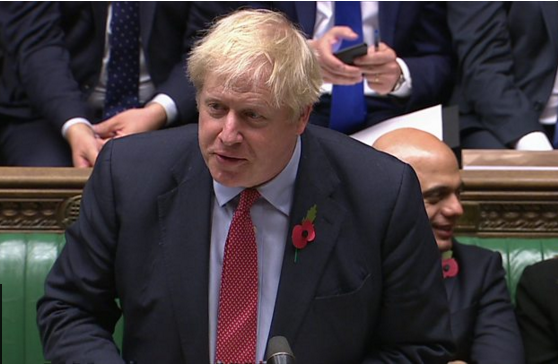
MPs are debating Boris Johnson’s call for a general election on 12 December after Labour threw its weight behind a pre-Christmas poll.
Jeremy Corbyn said he had changed his mind on a snap election after the EU gave the UK another Brexit extension.
The prime minister can only hold an election with the support of MPs – who have blocked it three times.
No 10 says it will abandon its latest attempt if MPs support giving 16 and 17-year olds and EU nationals the vote.
Labour has said it will back any amendment calling for these groups to be allowed to take part in the proposed election.
Mr Corbyn told MPs: “We want the election to involve as many people as possible.”
Downing Street said extending voting rights in this way would delay any election by as much as six months.
A Downing Street spokesman said: “Nothing would sum up how broken this Parliament is if after them all standing up there and saying they want a general election – they vote for an amendment which is deliberately designed to actually prevent the delivery of a general election before 2020.”
If amendments calling for votes at 16 and for EU nationals are selected, MPs will vote on them after 19:00 GMT, before being asked to give their final approval to a 12 December poll.
The Scottish National Party said MPs “should not be afraid” of expanding the franchise although it is unclear whether it and the Lib Dems will back the move if it is likely to scupper the chances of an imminent election.





Labour has, against the wishes of many of its MPs, shifted to supporting a December election and with that, it means we are on for the first December general election in decades.
The prime minister hopes this will give him a victory at the polls that would allow him rapidly to get his Brexit deal through Parliament and the UK out of the EU.
The Labour leader hopes for a souped-up version of his move forward at the 2017 election that would mean, contrary to the view of many of his own MPs, his project can continue and build.
The Lib Dems and SNP hope for a chance to stop Brexit happening, and expand their own political positions at a junction for the country.
But none of the parties can be remotely sure of what will happen next.



What has Labour said about an election?
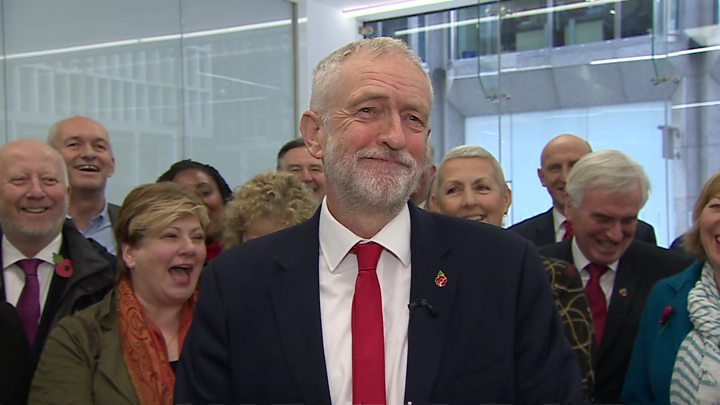

Mr Corbyn was cheered by members of his top team, as he made his announcement at Labour’s campaign headquarters in central London.
He said: “I have consistently said that we are ready for an election and our support is subject to a no-deal Brexit being off the table.
“We have now heard from the EU that the extension of Article 50 to 31 January has been confirmed… We will now launch the most ambitious and radical campaign for real change our country has ever seen.”
However, not all Labour MPs are on board, with Ben Bradshaw saying it was a “bad mistake” and calling instead for another referendum on Brexit.
His fellow backbench MP, Barry Sheerman, tweeted that it was “sheer madness” to hold a December election “on Boris Johnson’s agenda”.
What is the government’s plan?
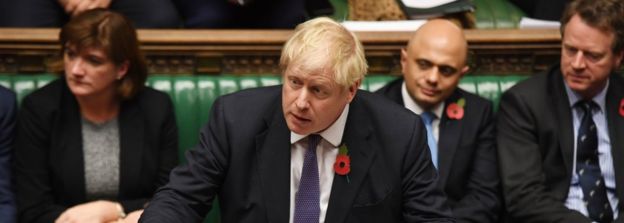

Addressing MPs, Mr Johnson claimed an early election was the inevitable consequence of Parliament’s decision to thwart his Brexit bill.
He said only a “refreshed and revitalised” Parliament could implement the 2016 referendum result and opposition to an election had “begun to crack” in the past few days.
It is the fourth time that Mr Johnson has tried to get Parliament’s approval for an election.
On previous occasions, he sought to do it by way of the Fixed-term Parliament Act, which requires the support of two-thirds of all 650 MPs to go through.
The legislation the PM is now proposing requires a lower threshold for approval – a majority of one – but can be amended by those MPs wanting to add their own conditions to an election – such as a proposal to lower the voting age.
The PM does not have a majority in Parliament after his decision in September to remove the party whip from more than 20 of his MPs who voted to block a no-deal Brexit.
But Downing Street has suggested some of the rebels could now get the whip back.
Where do the other parties stand?
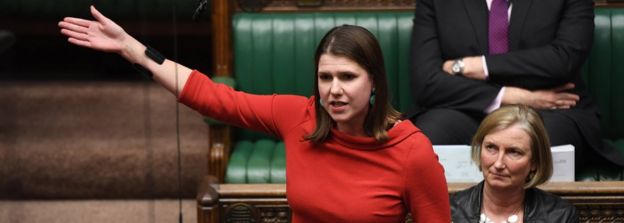

The SNP’s Westminster leader Ian Blackford said a strong performance by his party would bring Scottish independence a “step closer”.
Both his party and the Lib Dems want to fight the election on a platform of stopping Brexit entirely.
Lib Dem leader Jo Swinson said an election was the only way to do this, given there was not enough support in Parliament for another referendum.
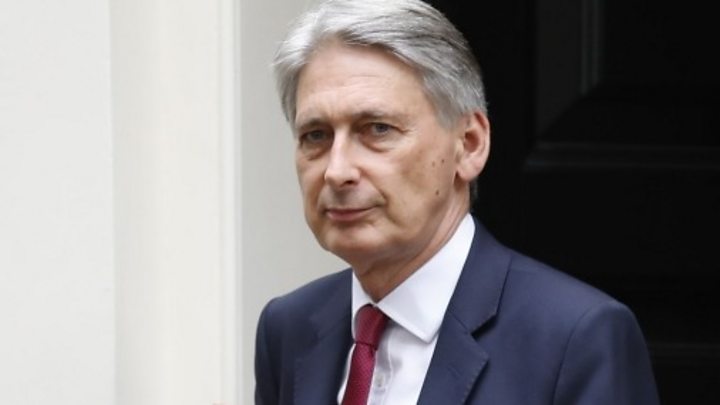

But one of the party’s latest recruits, Heidi Allen, has criticised the position and announced she will not stand in the next election.
Both The Independent Group for Change, which has five MPs, and Plaid Cymru, which has four MPs, have said they will vote against an election and instead continue to support a so-called “People’s Vote” – or further referendum on Brexit.
Some former Conservatives are also against an election too.
Former Chancellor Philip Hammond – who was expelled from the Conservative parliamentary Party after voting against a no-deal Brexit – said the idea of using “precious time” to hold an election, rather than passing the government’s Brexit bill, “frankly appals me”.
The Democratic Unionist Party, which has 10 MPs, says it does not fear an election but would not vote for anything that may take Parliament closer to approving the PM’s Brexit deal.
When will we know if there will be an election?
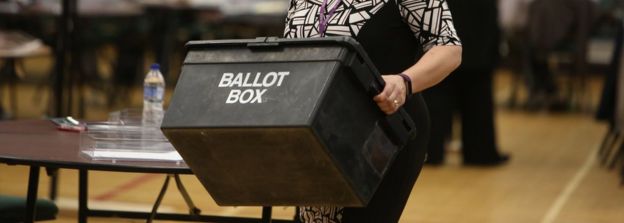

The government is aiming to complete all the Commons stages of its early election bill by the end of the day – a process that normally takes several days.
A vote on the second reading of the bill – the first Commons hurdle to be overcome – is expected shortly before 18:00 GMT.
The Commons has already backed the programme motion – setting the timetable for the legislation – after MPs changed it to allow backbenchers to amend the bill during its passage.
It will be up to the Deputy Speaker Lindsay Hoyle – who oversees the committee stage of bills – to decide which, if any, amendments will be debated and voted on.
MPs will give their final approval to the bill, and any amendments passed, at the third reading stage, This is expected some time around 20:00 GMT.
If MPs back the bill, then there is almost certain to be a pre-Christmas election, although the legislation will still have to clear the House of Lords.
For more on this story and video go to; https://www.bbc.com/news/uk-50221856





